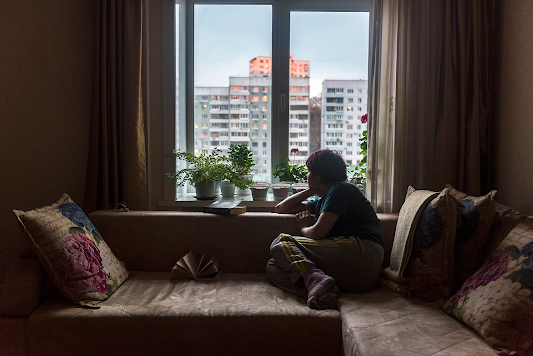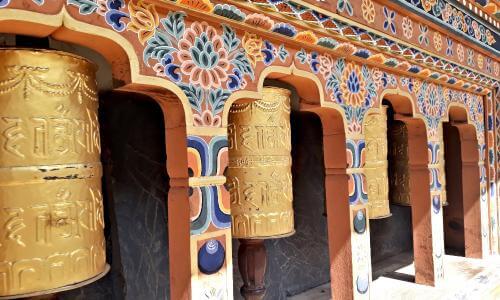Human beings are social animals and were made to work together and survive. So when the Japanese are literally locking themselves in, it's time to turn around and notice the turn we are taking.
Hikikomori in Japanese means 'pulling inward', or being confined. Coined in the '90s, we now use the word to convey the image of a youngster who is an extreme introvert and a recluse; a shut-in in a nutshell. The youth of Japan, instead of becoming doctors, teachers, mechanics, engineers, and doing the work that keeps the society afloat, are shutting their doors on the world.
The problem is spreading world wide. The US, Spain, South Korea and several other countries with a lot of dependency on technology have their own versions of the hikikomori. We have let the Internet, social media and phones take center stage in our lives, and we use these so much that they have, more than once, changed our nature. But why have the youth of Japan and countries like it taken to video gaming and consuming media, instead of using their skills where it is needed?
Thanks to technology, the need to interact with a fellow human being is declining. One can get by without maintaining social relationships. Therefore, people who have trouble fitting in and don't get along with others are rapidly following the hikikomori trend, with Japan at its center. Here, a million people, in the prime of their lives, are slouching over a computer in their bedrooms, shut in for over six months at a time.
Social norms are also the reason why so many young people are withdrawing from society. The pressure to secure a well paying job as soon as you're out of college, the competition for education, the harsh work culture of Japan, all combine to make it too much for this generation. That is why people struggling to fit in are pushed outside the mainstream.
An interview with a hikikomori gives us a glimpse of his life and his reasons on cutting himself off from the world.
Nieto is one of the 1.5 million hikikomori in Japan, living in the Japanese city of Kobe. More than a decade ago, he graduated from the University of Tokyo. When asked what he felt about Japanese work life, he says that he ''generally disliked Japanese work culture and relationships at the workplace''. So, he didn't take job hunting too seriously. According to him, this was why the companies didn't accept him.
After deciding that he was done searching for a job, Nieto turned to writing. But his ideas and writing didn't fit in the market. ''I simply expressed my tastes and ignored the market. Finally I accepted that I couldn't live off my writing.'' Despite repeated setbacks, Nieto was determined to make a living off his own creations. So, he turned to Doujin, a form of fan produced work, usually in the form of anime, manga, or video games.
That was when Nieto moved to Kobe, as he felt ''rushed to become financially independent.'' In his flat in Kobe, he became a hikikomori. Why? As he simply puts it- ''Feeling ashamed to go outside, I became a hikikomori.'' That was twelve years back. Today, Nieto is still creating video games in his apartment.
But how does a hikikomori feel about being isolated? Don't they feel lonely? Most shut-ins have been in their rooms for more than a year. The COVID pandemic has pushed even more people on the brink of their social lives. An account by an ex-hikikomori (who wishes to remain anonymous) gives us a lot of insight into the life and feelings of being in total isolation.
Video games and the internet dominated his life. The little contact he had with the outside world was via the social media. Without that, he would not even have had any information on what was happening outside. Over a period of time, he lost his social skills, making him even more terrified of mingling with others. Even the instinct to respond to someone while talking was gone.
Sometimes he would even have panic attacks because of his situation, along with irregular sleeping habits. After sometime, even though living with his parents, he was completely cut off from the rest of his family.
Despite the radical image of a hikikomori, many of them have devoted their lives to books, art, and music. According to them, even if you have the Internet available at all times, eventually it becomes boring. Moreover, people who have difficulty in expressing themselves in public revert to forms of art to voice their ideas.
Hikikomori is spreading among the younger generations. But what impact will this have on us, and life in general? If people stop working as teachers, doctors and engineers, society will collapse as a whole. Who else, if not us, will do this work, our duty to society? The average age will go up, and most people will retire. In short, people will stop working. And our parents can't sustain us forever. The well-oiled machine of mankind will stop running if this chain breaks and people go their own ways.
But there is still hope. Humans are resourceful and we have fought many battles in our journey of evolution. This is perhaps another test of our mettle.






